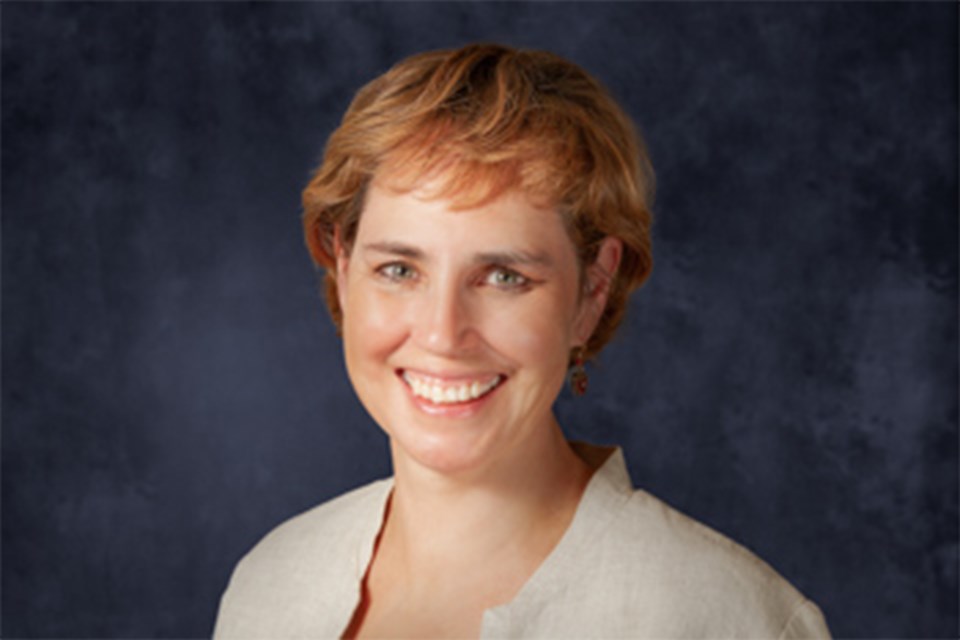SUNDRE - The ending of the province’s Restrictions Exemption Program (REP) should certainly not be taken as indication that the danger of COVID-19 has passed and residents should continue to do all they can to prevent the spread of the virus, says Dr. Michelle Warren, a Sundre physician and president of the Alberta Medical Association (AMA).
“It is really important that the message be heard by Albertans that it’s not over,” said Warren. “COVID is not done. My message is, if you want to continue to move forward and open up, then you’ve got to do what you can do to reduce those (hospitalization) numbers.
“And that means staying home if you are sick, getting your booster if you are due for one. We know that wearing a mask and we know that social distancing is very effective. Just because you can do something doesn’t mean that that may be the smartest thing to do.
“It is on the individual to follow those public health guidelines that are still in place to make sure those numbers continue to come down.”
Put in place to stem a rise in COVID cases and to encourage immunization, the REP required residents to show proof of vaccination when entering businesses and other facilities taking part in the program.
Premier Kenney announced the end of the REP effective midnight Feb. 8, saying it was no longer needed.
“The program is no longer serving a useful and compelling purpose,” said Kenney. “I could not stand in front of Albertans and justify a continuation of a program that has done its job. It is time to shift to a balanced approach where we are able to live with COVID-19 and return to normal.”
Critics, including the official Opposition, say ending the REP was politically motivated and not backed by medical evidence.
“This decision seems to have been made solely on the premier’s politics,” said NDP health critic David Shepherd.
Ending the REP is apart of a three-stage plan that also includes ending public masking requirements on March 1, if hospitalization continues to decline.
During the press conference announcing the end of the REP program, Dr. Deena Hinshaw, chief medical officer of health, says she will be closely monitoring hospitalization levels going forward and will make recommendations for changes if needed.
“We know that COVID is not going away,” said Hinshaw. “Even as the approach to COVID shifts on the province there will continue to be measures in place to protect those most vulnerable to this virus.
“I encourage Albertans to continue to assess their unique situation and make personal decisions about their health based on their own comfort levels.”
Dr. Warren says she welcomes Hinshaw’s commitment to continuing monitoring efforts.
“You cannot be afraid to stop and pause, or even go backwards, if we have to if hospitalizations rise or if we start to see those other more deadly variants start to turn up again,” said Dr. Warren.
“Nobody wants a repeat of last year. Nobody wants to see things dropped too quickly and not be monitored because that’s not good for anybody either. It’s hard to not do things that we enjoy doing, but we are doing it for the right reasons, for society, to keep the system going.
“What is really hard is opening and closing again. Getting people’s hope up that we are back to normal and then dropping.”
Stage 2 of the government’s reopening plan announced Feb. 8 will take effect on March 1, if hospitalizations continue to trend downward. Under the stage, any remaining provincial school requirements will be removed, screening prior to youth activities will no longer be required, capacity limits will be lifted for all venues, limits on social gatherings will be removed, and provincial mask mandates will be removed.
Stage 3 would see COVID-specific measures in continuing care facilities removed and mandatory isolation become a recommendation rather than a requirement.



